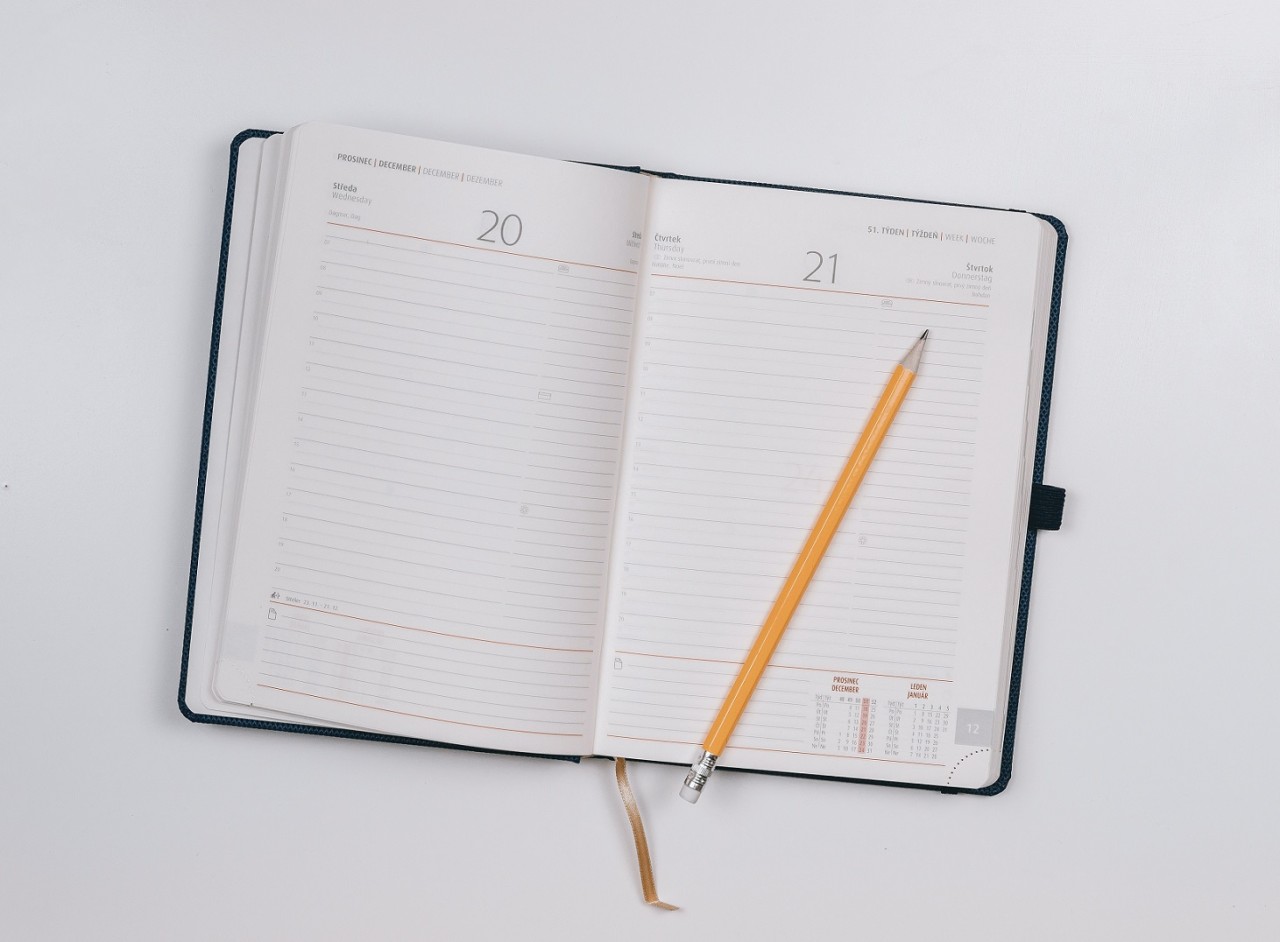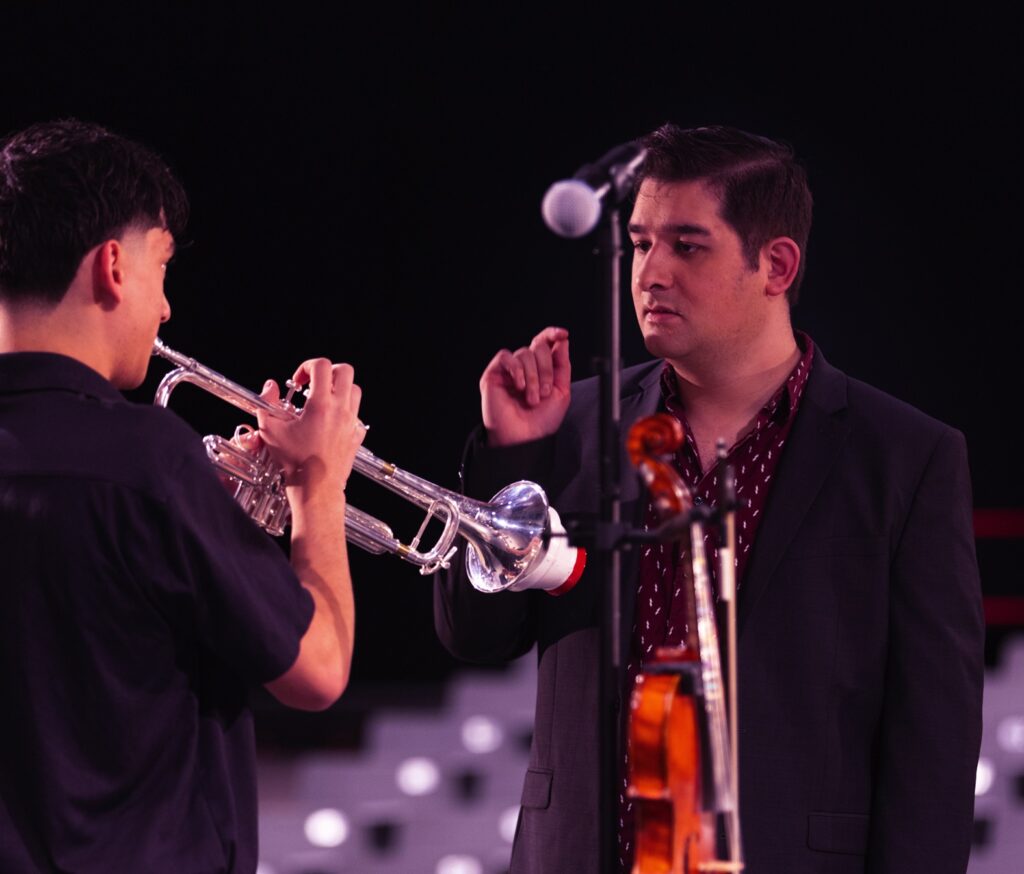It’s OK to Say “No”
Your time is valuable, so set some boundaries and don’t feel the need to say “yes” to everything.
Saying “no” may sound easy, but it’s really very complicated. “No” is one of the shortest complete sentences, but it carries significant emotional weight for some people.
How do you decide when to say “yes” and, more importantly, when to say “no”? First, you must set up your environment for healthy decision-making. Plan out your boundaries and decisions ahead of time, which will make decisions easier to execute and more honest in the heat of the moment. Here are a few ways I have helped myself.
Set Parameters for a “Yes”
 Because your time is valuable and you have so many options, any request of your time must earn a “yes” from you. Think about some requests or opportunities in the past that you have regretted saying yes to. Chances are, they provided little benefit to you or your students. Your time would have been better spent doing something else. I don’t think there’s a specific formula for a “yes” from me, but I have noticed some patterns.
Because your time is valuable and you have so many options, any request of your time must earn a “yes” from you. Think about some requests or opportunities in the past that you have regretted saying yes to. Chances are, they provided little benefit to you or your students. Your time would have been better spent doing something else. I don’t think there’s a specific formula for a “yes” from me, but I have noticed some patterns.
- If a request or opportunity is technically required for my job and happens on contract hours or during planned extracurricular hours, it’s a yes. (Note: these are usually not requests but rather directives packaged in a nice question-like statement.)
- If a request or opportunity is not required by my employer, but it is something that I think is required of high-quality music programs, I will probably say yes.
- If the request or opportunity costs me either time or money and does not offer any significant benefit to me, my family or my program, it’s a no.
Benefits — what you get from saying yes — are another category altogether. These can be as easy as financial benefits all the way to the good feeling you get from volunteering.
Create a Not-To-Do List
 I love lists. My favorite is my “not-to-do” list, which includes things, ideas or events that I have tried at least once and determined that I do not want to do them again if given the choice.
I love lists. My favorite is my “not-to-do” list, which includes things, ideas or events that I have tried at least once and determined that I do not want to do them again if given the choice.
As a gigging musician on the side, I’ve had a few gigs that were just not enjoyable. They either didn’t pay or they didn’t pay well, they took many hours, and they were a very far drive from home. I also didn’t know any of the people involved with these events, so I couldn’t use the social gathering aspect as an excuse. I dreaded when one particular gig, which I felt obligated to do, came around each year. After the last gig, I made the long drive home and told myself all the reasons to keep doing it. Eventually, I told myself, “It’s OK to not want to do it. It’s a gig – not a life sentence.”
This was the start of my not-to-do list. My second entry was judging solo and ensemble contests, which just aren’t my thing. If you enjoy these, more power to you.
Choices are easy to make when you can refer to this list. If you have a particular amount of anxiety about saying no, just pretend this list was written by someone else and that you have to follow these orders. It’s not a long-term solution, but it’s a start in gaining more agency.
Non-Negotiables and Negotiables
It’s also important to determine your negotiables and non-negotiables. The goal is the same: Eliminate any thought process or judgment regarding decisions on these matters.
For example, my non-negotiables: I won’t miss my own children’s concerts, I won’t accept gigs or extracurricular events on a particular night of the week, etc.
On the other hand, my negotiables: I will work on a specific night of the week if the pay is X dollars or if my favorite celebrity is showing up. I will add on a parade if I take one other engagement off the calendar.
You can’t always choose what to say no to. However, if you have autonomy in your job, simply ask yourself, “What if I did say no?”
Schedule Yourself
 So, you’ve got your not-to-do list, your negotiables and non-negotiables, but you’re still having trouble saying “no.”
So, you’ve got your not-to-do list, your negotiables and non-negotiables, but you’re still having trouble saying “no.”
Next, schedule your time. Dinner with friends, game nights, hobbies, etc. are important because they are something you look forward to other than work. Or maybe you just want to be alone and relax.
Put “Thursday, 7 p.m., watch Brooklyn 99” on your calendar. If something else comes up, it’s a conflict that you cannot accommodate because you “already have something scheduled.” And when Thursday 7 p.m. comes around, you can watch your show or change your mind and do something else, it’s your right to do so.
Don’t Invite Others to Solve Your Issues
When you actually say “no,” don’t give away more information than is needed. People are absolute masters at solving problems to get someone to help them get what they need. (They are not bad people for doing this — they are just resourceful.)
If you present an opening, don’t be surprised if someone takes it. Saying, “No, I can’t do this right now, but check with me in a few weeks,” is fine, but you must be prepared for that person to reach out again in a few weeks.
Furthermore, if you present a barrier why you can’t do something, expect them to solve your problem. So, shed that thinking. You don’t have to give a reason for saying no.
Does this conversation sound familiar?
This is a trap! This person is looking to get what they want or need (which is fine — again, they are not bad people). Now, they are going into problem-solving mode. If you give them the opportunity, they will solve your problem for not staying. Don’t overshare — keep yourself as your priority and maintain a sense of balance and health. Besides, do you really want to cave in and later unfairly resent this person for asking, when in reality, you could have just said no?
So, how should you respond? You can firmly but politely repeat, “Thank you again, but I’m unable to today.” If they persist, keep repeating. My record is four repeats. But I was able to keep my after-school plans.
If you get particularly anxious in these situations, practice with a friend — seriously. I’ve had to do this in the past.
Your Personal Life Should Not Be Used Against You
My wife and I have five children ranging in age from 2 to 12. Some of our friends have fewer children, one has more and several have none. If you don’t have children, you may have suffered from these experiences at some point: “Can you stay after and help out with this? Don has to leave … he has kids.”
You can respond in whatever way you choose. But your relationship and family status should never play a factor in how valuable your non-contractual time is. It’s not their business, and your time is your time.
Don’t Use your Students as an Excuse
If anyone tries to get you to do something by saying, “it’s what’s best for the kids,” don’t take it personally, but you should realize that it may be manipulation. You’re a degreed professional, who knows what’s best for your kids. This person is probably not consciously trying to manipulate you, but avoid letting this statement cloud your judgment.
You probably use this same reasoning on yourself and have thought, “If we don’t do this event, the kids will be upset, or they won’t get a good experience!” I’m going out on a limb and say that if you are thinking this, you obviously care, and your kids are probably getting a great experience from you. Going from four to three festivals a year will likely not send a student down a non-redeemable path.
Feel Free to Say “No” (To Anyone Except Me)
The most challenging “nos” are those directed to people closest to you and those in a supervisory role over you. I have had situations where supervisors have told me, “You don’t have to say yes to everything; no is a perfectly acceptable response.”
When I later received a request from them and said “no,” they were upset. Nervously, I had to explain that if they told me something, I would take it at face value.
 Practice, Practice, Practice
Practice, Practice, Practice
When possible, say “no” in person or over the phone; avoid emails or texts if you have concerns that your response might be taken the wrong way. It’s also good practice in assertiveness. The first few “nos” can be tricky. As recommended above, practice with a friend. Once you get five or six “nos” under your belt, your assertiveness becomes more straightforward, and you even start to realize how much more you enjoy the things you say “yes” to.
You’re in the Driver’s Seat
When you say “yes” to something, you’re actually saying “no” to something else. It could be saying “no” to score study, time with your kids or yourself or even boredom. The time is non-renewable.
Interruptions and other distractions can easily take up your valuable time. See my article, “5 Time Burglars to Avoid,” for some of these distractions and how you can combat them.
No one is going to take care of your time like you will. A “no” or a “yes” is neither good nor bad but remember that you’re in the driver’s seat and requests and opportunities must earn a “yes” from you.















